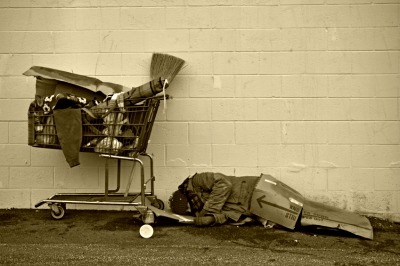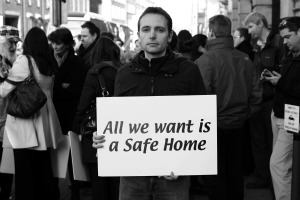
Catholic Social Teaching and Housing
‘Have youse (yis) no homes to go to?’ – the traditional, plaintive cry of long-suffering publicans, trying to clear their premises after closing time, can sound somewhat hollow and ironic to many in today’s Ireland. We live at a time when housing supply does not meet demand; when, in the wake of the collapse of the property bubble, home-owners may struggle to meet mortgage repayments and many fear re-possession; where those in negative equity may find themselves unable to move from their current home even when there are pressing family or financial reasons for them to do so; where waiting lists for social housing are at an alarmingly high level, and where many are unable to access or remain in private rented accommodation because of unaffordable increases in rents in many areas.









